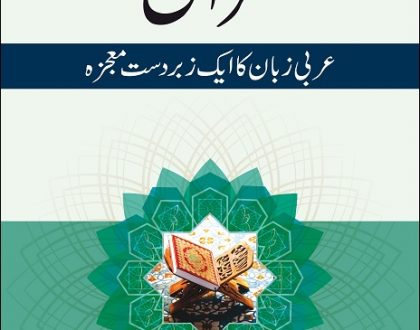Ethical Conduct of Research: IRB

By: Saulat Pervez, Associate Researcher
September 2019
The Institutional Review Board (IRB) is an independent committee established to review and approve research involving human subjects. The primary purpose of the IRB is to protect the rights and welfare of the human subjects by ensuring that researchers abide by ethical practices[1]. As such, the IRB requires researchers to undergo an approval process prior to the implementation of a study involving human subjects and especially those under age so that proper safety procedures are in place ahead of time. IRB requirements stemmed from abuse of subjects in the medical fields where people have been harmed and research was done without their knowledge or consent[2].
For Mapping the Terrain study, IIIT obtained IRB approval from Indiana University, where one of the Principal Investigators, Shariq Siddiqui, is employed. Since Mapping the Terrain is a multi-site, international study, the IRB stipulates that all versions of the survey, including translations into languages other than English, be submitted for review by the board. Other information that needs to be incorporated in the application includes sites, total number of anticipated participants, details of how consent will be obtained, recruitment letters, and study information sheets.
Human subject protection entails that complete information about the study is shared both with officials as well as participants and they are given full authority to willfully partake in the study or decline to do so. The recruitment letters inform decision makers of the objectives of the study and what is expected of them and research participants. The Study Information Sheets explain the nature of the study to participants and outline any risks and benefits that may be associated with the study. They also share names and contacts of principal researchers and the IRB office in case anyone has any questions. The idea here is to make sure no one is coerced into participating in the study. As such, these letters and sheets clarify that participation in the study is voluntary and may be withdrawn at any point without any consequences. IRB requires that these materials be submitted for the board’s approval before they are shared with research coordinators.
An important component of IRB protocol is the Collaborative Institutional Training Initiative (CITI). The CITI training guides researchers through various scenarios and historical situations where ethical practices have been compromised in an effort to make them more cognizant of moral rectitude in their own research procedures. After every module, the trainee must pass a quiz and is awarded a certificate at the end of the training. For Mapping the Terrain, research coordinators from all fifteen countries complete the CITI training prior to data collection. The modules are determined based on the needs of the study and its partners in the different sites.
Obtaining permissions from officials and consent from participants are crucial steps before data collection can begin. Again, this process ensures that the study is conducted ethically and with full disclosure. For Mapping the Terrain, the research coordinators acquire the necessary approvals in each site, whether from the Ministries of Education and Higher Education or individual schools and universities. The latter are mostly private and independent and there is no regulating body for conducting research in these types of schools. Therefore, the research coordinators give the recruitment letters to the principals directly to inform them of the study and receive their verbal approvals as many prefer this method because of local circumstances. Once the approvals are gained, the study information sheets are shared with the target groups so that they understand the objective and goals of the research. Keeping local sensitivities in mind, participants are not asked to sign consent letters because of the verbal culture and discomfort with written trail in most of the study sites. In this way, the research coordinators are able to conduct the study in the most appropriate manner for their context. Ethical conduct of research is followed and it is emphasized to the officials as well as target groups that participation in the study is completely voluntary. The research coordinators also make sure that the data collectors maintain the anonymity of the participants.
All in all, maintaining ethical procedures in research is extremely important. IIIT and its AEMS research team make a continuous effort to ensure that best practices are utilized during Mapping the Terrain study and other empirical studies, in close coordination with our partners and the IRB at Indiana University every step of the way.
References
[1] http://campus.plymouth.edu/institutional-review-board
[2] https://www.ncbi.nlm.nih.gov/pmc/articles/PMC3127481/



